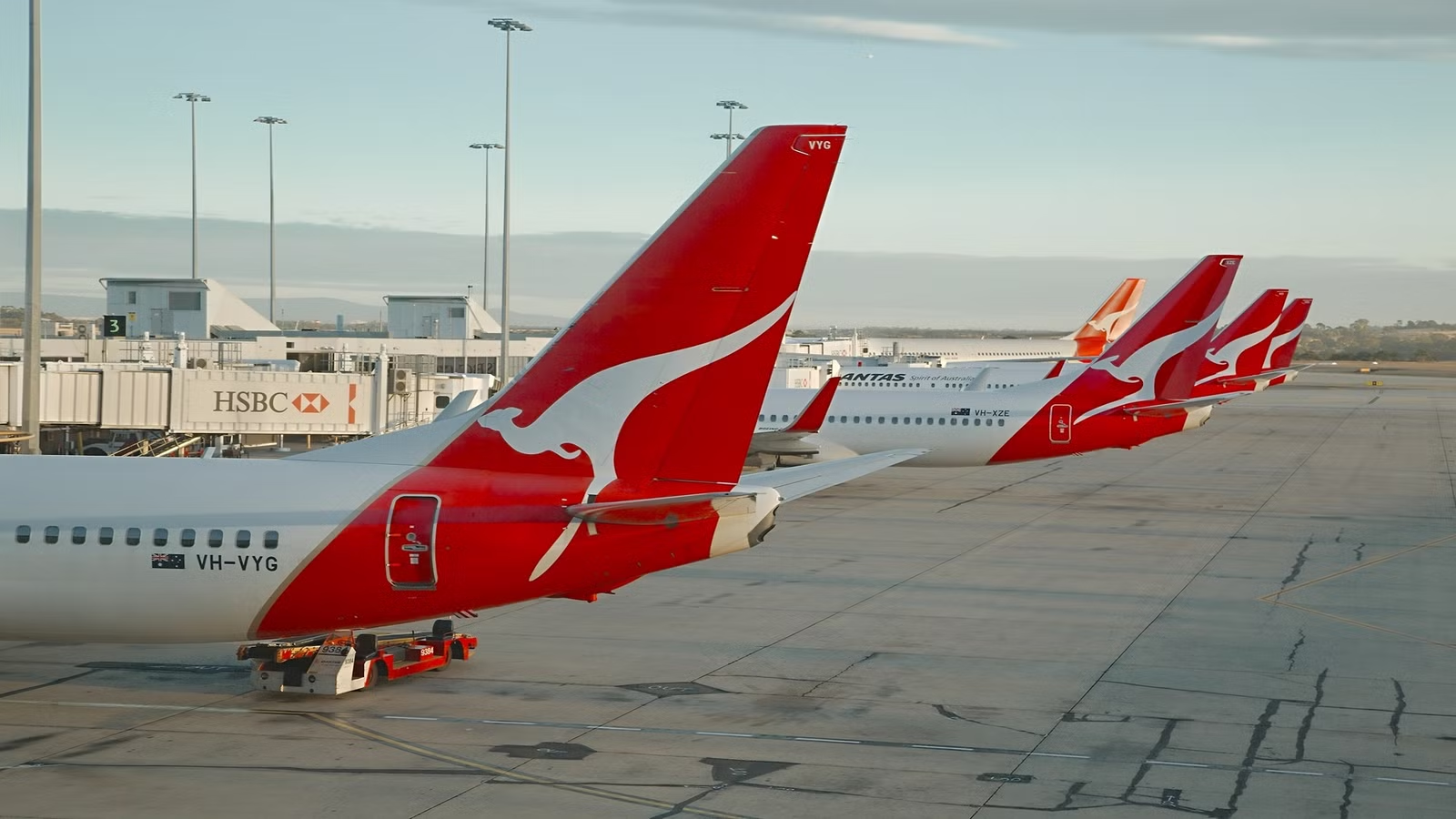Qantas And Virgin Australia Ban Power Banks After Fire Incidents

Australian carriers are the latest to announce a change in rules when it comes to power bank utilization onboard the airlines’ aircraft. The rule coming into force in the coming weeks will ban passengers traveling on Qantas and Virgin Australia from using power banks on board the aircraft. With the number of safety incidents reported wherein a fire started inside the passenger cabin from unsuspecting power banks has resulted in airlines around the world issuing such regulations.
While this rule does not prevent passengers from carrying power banks, it does specify the capacities of the banks that can be carried, the number of power banks each passenger can carry, and how they should be stored onboard the aircraft.
Qantas And Virgin Australia To Ban Usage Of Power Banks
Credit: Shutterstock
Announcements from earlier this week saw Australian carriers, Qantas and Virgin Australia, state that in the coming weeks, the carriers will impose a ban on the utilization of power banks onboard the aircraft. Reports from The Sydney Morning Herald state that the ban will come into effect starting December 1 with Virgin Australia, while Qantas Group will only start enforcing this from December 15. It is worth noting that these rules are applicable to Qantas Link and Jetstar flights as well.
Passengers can still carry power bankson their flights. However, once these rules come into effect, they can no longer charge their electronic devices using power banks OR charge their power banks onboard the aircraft. Additionally, Virgin will require prior approval for passengers carrying banks that can generate between 100 watt-hours and 160 watt-hours, and the airline will prohibit any power banks that can generate more power than that.
The Sydney Morning Herald reported the following statement from Virgin’s COO, Chris Snook,
“Globally, more lithium battery-powered devices are now being carried by travellers, and while these items are generally safe when packed and handled appropriately, this move will minimise any potential risks associated with these devices.”
More And More Airlines Are Banning Their Use
Credit: Singapore Airlines
Airlines around the world started banning the use of power banks due to the increasing number of safety incidents that have been recorded, wherein a fire started from power banks that were stored in the overhead luggage compartments. The Mirror reports that back in September, the United States Federal Aviation Administration (FAA) released an alert following 50 such incidents involving power banks onboard catching fire.
With this announcement, Qantas and Virgin Australia will be the latest carriers to join several global carriers such as Emirates, Singapore Airlines, China Airlines, and more. While not being able to use power banks can sometimes be an inconvenience, most aircraft (especially ones used for long-haul flights) tend to have USB/USB-C power points, with some carriers also having direct plug points on every seat.
This allows passengers to charge their devices onboard without having to use power banks. Virgin Australia states 88% of its fleet of Boeing 737 aircraft have in-seat charging points, while the rest of the fleet will have the facility by June 2026.
Related
Why Airlines Are Banning USB Power Banks Onboard
These Asian airlines are implementing restrictions on power banks.
A Significant Incident — Air Busan | January 2025
Credit: Shutterstock
An incident from the beginning of the year saw an Air Busan aircraft get engulfed in fire at Gimhae International Airport, South Korea. Reports from the BBC indicate that, based on the interim investigation report, the fire was likely caused by a thermal runaway from a power bank onboard the aircraft, which resulted in a few passengers sustaining minor injuries and the aircraft being written off due to the extent of the damage.
With the power bank being stored in the overhead luggage compartment in this case, damage to the roof of the aircraft is evident. Thermal runaway is a phenomenon with lithium-ion batteries, defined as the uncontrollable thermal dissipation of a single cell within the battery, which then results in a chain reaction of the heat spreading to the surrounding cells.
While these new rules could be an inconvenience to some, ultimately, they reduce any potential operational disruptions for airlines, while also ensuring improved safety measures for passengers and crew onboard a flight.





